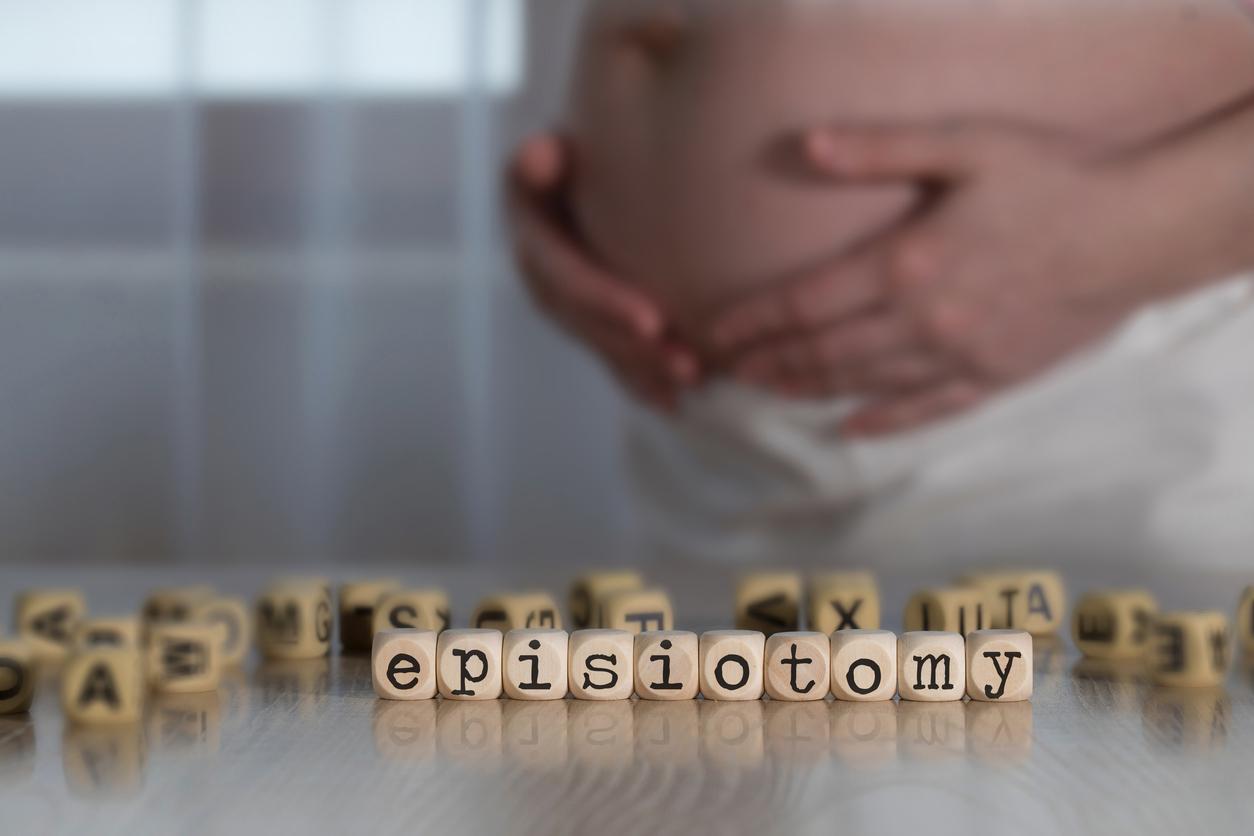Mothers who develop psychiatric disorders after the birth of their first child are a third less likely to have others afterwards, according to a new large-scale study.

One in four people worldwide suffer from mental illness, according to the WHO. We speak of a mental disorder when an individual’s state of well-being is disturbed by specific conditions (depression, schizophrenia, bipolar disorder, etc.). The person is then unable to adapt to difficult, even painful situations, and to maintain his psychic balance. Studies have shown that 75% of these conditions appear before the age of 25. It has also been proven that about 3% of women develop psychiatric disorders during the first three months after their first childbirth. But until now, little research has been done to find out whether or not these disorders affect the later reproduction of patients.
However, according to new work, the results of which were published on Sunday March 29 in the journal Human Reproductionpatients who develop psychiatric disorders after the birth of their first child have a third less chance of having others afterwards.
“We wanted to know if women with postpartum psychiatric disorders had a reduced possibility of having a second child. Additionally, we considered whether a reduction in the live birth rate was due to personal choices or a decline in fertility, as these are important issues to consider.”explains Dr. Xiaoqin Liu, postdoctoral researcher at the National Center for Research on Registers at the University of Aarhus (Denmark), who led the study.
A follow-up of up to 19.5 years
For the latter, he and his colleagues analyzed data from Danish registers of 414,571 women who gave birth to their first child between 1997 and 2015 in the country. They followed these women for a maximum of 19.5 years: until the end of the study, the birth of their second child, their 45and birthday or their death. To identify whether or not the women had suffered from postpartum psychiatric disorders, they checked whether they had received prescriptions for psychotropic drugs or had been in contact with a hospital for mental disorders during the first six months after their first birth. childbirth.
A total of 4,327 (1%) women suffered from psychiatric disorders after the birth of their first child. The researchers found that 69% of them then continued to procreate, compared to 82% of mothers who had not suffered from psychiatric problems.
If the first child died, the difference between subsequent birth rates disappeared. On the other hand, if the mother’s psychiatric problem required hospitalization, the probability that she had a second child decreased by almost half, whether the first baby survived or not.
Seek help from your psychiatrist
“Although fewer women with postpartum psychiatric disorders subsequently had children, it is interesting to note that approximately 69% of these women still chose to have a second child. For the remaining 31% of women, we have to differentiate the reasons for which they did not have another child. If they have avoided another pregnancy for fear of relapse, an important clinical message for them is that relapse prevention is possible. Women whose first child died were nearly four times more likely to have another live birth than women whose first child survived. These results suggest that the overall reduction in the rate of subsequent live births among women who suffered from psychiatric disorders after the birth of their first child is, at least in part, voluntary.comments Dr. Xiaoqin Liu.
“We recommend that they seek help from their family doctor or psychiatrist if they want to have another child, so that they can plan treatment specific to their individual needs to reduce the risk of relapse, and to be able to monitor and treat any close to their health, well-being and symptoms”, he continues. However, another explanation could be that women who have suffered from postpartum psychiatric disorders have more problematic relationships with their partners, the researchers suggest.
Some limitations to the study
However, this study has some limitations. Indeed, the researchers did not have precise information on stillbirths or miscarriages; only pregnancies resulting in a live birth were included in the study. Moreover, not all women with psychiatric disorders have received medication or hospital treatment. Finally, perhaps the conclusions of this study cannot be applied to other populations.
“Denmark offers free and easily accessible health care to all individuals, so we believe our results may inform other similar populations, although we cannot rule out local differences.explains Dr. Liu, before concluding. Why women with postpartum psychiatric disorders choose to have fewer children needs to be further investigated.”
Social rejection, discrimination and neglect…
Worldwide, approximately 450 million people suffer from mental disorders. This places them among the leading causes of morbidity and disability worldwide. If there are treatments nearly two thirds of sick people will never consult a professional, deplores the WHO. At issue: social rejection, discrimination and neglect.
The most stigmatized disease in the world is schizophrenia, which very often leads to a delay in care because many patients refuse their diagnosis. “For many patients, receiving this diagnosis of schizophrenia is extremely painful because they do not recognize themselves in popular representations of this pathology. They internalize the stigma conveyed by society”recently explained psychiatrists to Why Doctor on the occasion of the International Days of Schizophrenia.
Depression is the most common mental disorder there is, since one in five people will be affected at least once in their lifetime. In France, in 2017, nearly 20% of French people aged 15 to 75 were affected, with a prevalence twice as high in women as in men, according to Santé Publique France. Even more worrying, 70% of people who die by suicide suffer from depression, most often undiagnosed or untreated. Because here again, received ideas die hard and have disastrous consequences for patients.
Indeed, according to a survey carried out in June 2018 by Odoxa on depression at work, for 57% of French people, the disease leaves significant sequelae, which reduce abilities. Thus, many people believe that a person who has suffered from a depressive episode risks being psychologically fragile (78%), experiencing new depressive episodes (74%) and requiring greater attention (73%). Consequences: only 22% of affected workers would talk about their depression with their colleagues, 19% with their line manager and 17% with their human resources manager.



.















